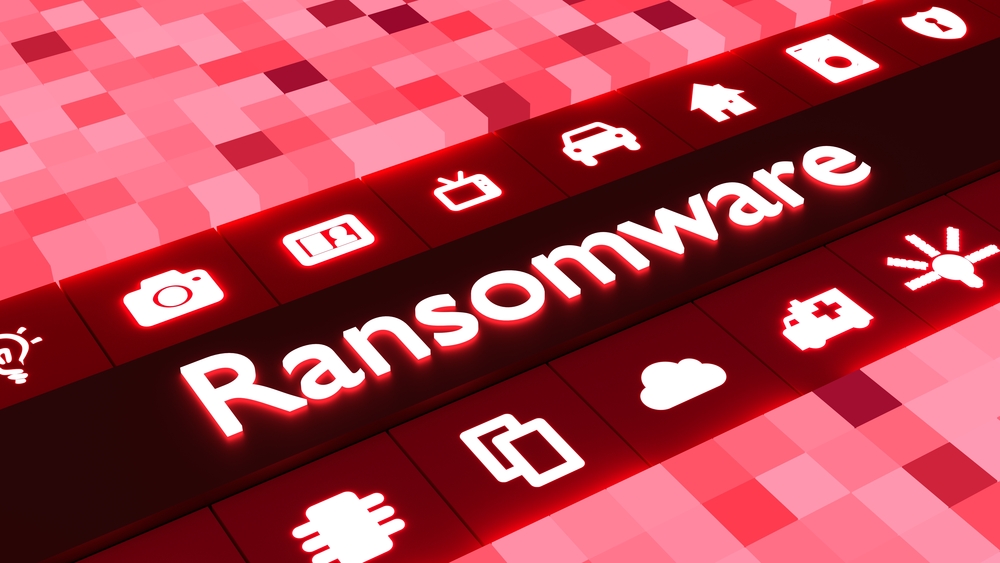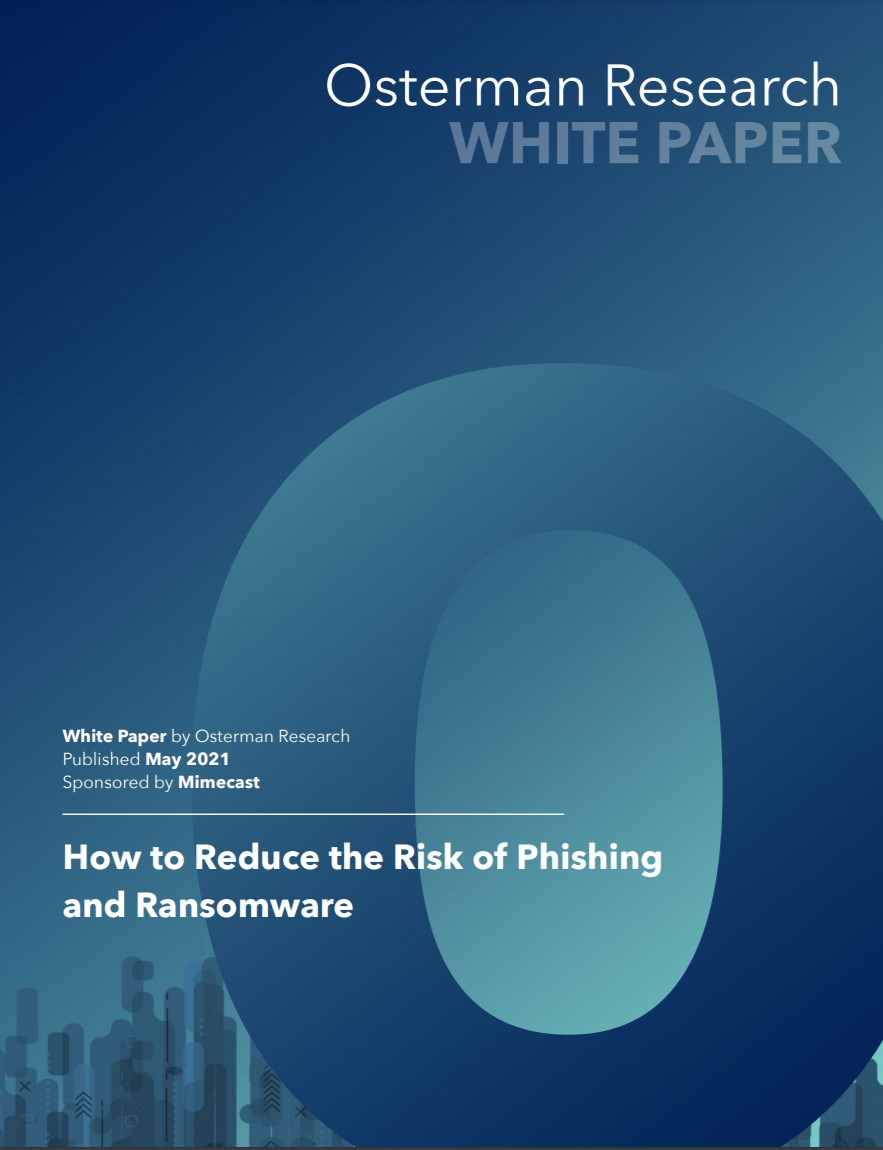Criminals caught trying to recruit insiders to plant ransomware
Employees offered cut of proceeds if they deploy DemonWare on their behalf


Security researchers have discovered a new campaign where cyber criminals offer money to a victim organization’s staff to install ransomware on their behalf.
Researchers at Abnormal Security identified several emails criminals sent to their customers soliciting their help in an insider threat scheme. The aim was for them to infect their companies’ networks with ransomware. Researchers said the emails came from someone with ties to the DemonWare ransomware group.
The latest campaign, criminals told employees they would receive $1 million in Bitcoin — 40% of the presumed $2.5 million ransom — if they deployed ransomware on a company computer or Windows server.
“The employee is told they can launch the ransomware physically or remotely. The sender provided two methods to contact them if the employee is interested—an Outlook email account and a Telegram username,” said researchers.
Crane Hassold, director of threat intelligence with Abnormal Security, said to better understand what was happening, the firm set up a fictitious persona and contacted the hackers on Telegram to see if they could get a response.
"It didn't take long for a response to come back, and the resulting conversation gave us an incredible inside look at the mindset of this threat actor."
"Based on our conversation with the actor, he claimed to have successfully deployed the ransomware against three companies; however, we haven't been able to verify his claims,” he added.
Get the ITPro daily newsletter
Sign up today and you will receive a free copy of our Future Focus 2025 report - the leading guidance on AI, cybersecurity and other IT challenges as per 700+ senior executives
A half-hour later, the actor responded and asked whether the researcher, posing as a prospective accomplice, could access our fake company’s Windows server. The researcher affirmed this and was then sent two links for an executable file we could download on WeTransfer or Mega.nz, two file sharing sites.
Based on an analysis of the file, researchers confirmed the files were ransomware. Further investigation confirmed the hacker was Nigerian. The hacker also claimed to have developed the DemonWare ransomware, although researchers said all code for DemonWare is freely available on GitHub.
“In this case, our actor simply needed to download the ransomware from GitHub and socially engineer someone to deploy the malware for them,” said Hassold.
RELATED RESOURCE

How to reduce the risk of phishing and ransomware
Top security concerns and tips for mitigation
Hassold said knowing the hacker is Nigerian brings the entire story full circle and provides some notable context to the tactics used in the initial email identified.
“For decades, West African scammers, primarily located in Nigeria, have perfected the use of social engineering in cyber crime activity,” Hassold said.
“While the most common cyber attack we see from Nigerian actors (and most damaging attack globally) is business email compromise (BEC), it makes sense that a Nigerian actor would fall back on using similar social engineering techniques, even when attempting to successfully deploy a more technically sophisticated attack like ransomware,” Hassold added.
Rene Millman is a freelance writer and broadcaster who covers cybersecurity, AI, IoT, and the cloud. He also works as a contributing analyst at GigaOm and has previously worked as an analyst for Gartner covering the infrastructure market. He has made numerous television appearances to give his views and expertise on technology trends and companies that affect and shape our lives. You can follow Rene Millman on Twitter.
-
 Why keeping track of AI assistants can be a tricky business
Why keeping track of AI assistants can be a tricky businessColumn Making the most of AI assistants means understanding what they can do – and what the workforce wants from them
By Stephen Pritchard
-
 Nvidia braces for a $5.5 billion hit as tariffs reach the semiconductor industry
Nvidia braces for a $5.5 billion hit as tariffs reach the semiconductor industryNews The chipmaker says its H20 chips need a special license as its share price plummets
By Bobby Hellard
-
 Cleo attack victim list grows as Hertz confirms customer data stolen – and security experts say it won't be the last
Cleo attack victim list grows as Hertz confirms customer data stolen – and security experts say it won't be the lastNews Hertz has confirmed it suffered a data breach as a result of the Cleo zero-day vulnerability in late 2024, with the car rental giant warning that customer data was stolen.
By Ross Kelly
-
 ‘Phishing kits are a force multiplier': Cheap cyber crime kits can be bought on the dark web for less than $25 – and experts warn it’s lowering the barrier of entry for amateur hackers
‘Phishing kits are a force multiplier': Cheap cyber crime kits can be bought on the dark web for less than $25 – and experts warn it’s lowering the barrier of entry for amateur hackersNews Research from NordVPN shows phishing kits are now widely available on the dark web and via messaging apps like Telegram, and are often selling for less than $25.
By Emma Woollacott
-
 Healthcare systems are rife with exploits — and ransomware gangs have noticed
Healthcare systems are rife with exploits — and ransomware gangs have noticedNews Nearly nine-in-ten healthcare organizations have medical devices that are vulnerable to exploits, and ransomware groups are taking notice.
By Nicole Kobie
-
 Alleged LockBit developer extradited to the US
Alleged LockBit developer extradited to the USNews A Russian-Israeli man has been extradited to the US amid accusations of being a key LockBit ransomware developer.
By Emma Woollacott
-
 February was the worst month on record for ransomware attacks – and one threat group had a field day
February was the worst month on record for ransomware attacks – and one threat group had a field dayNews February 2025 was the worst month on record for the number of ransomware attacks, according to new research from Bitdefender.
By Emma Woollacott
-
 CISA issues warning over Medusa ransomware after 300 victims from critical sectors impacted
CISA issues warning over Medusa ransomware after 300 victims from critical sectors impactedNews The Medusa ransomware as a Service operation compromised twice as many organizations at the start of 2025 compared to 2024
By Solomon Klappholz
-
 Warning issued over prolific 'Ghost' ransomware group
Warning issued over prolific 'Ghost' ransomware groupNews The Ghost ransomware group is known to act fast and exploit vulnerabilities in public-facing appliances
By Solomon Klappholz
-
 The Zservers takedown is another big win for law enforcement
The Zservers takedown is another big win for law enforcementNews LockBit has been dealt another blow by law enforcement after Dutch police took 127 of its servers offline
By Solomon Klappholz